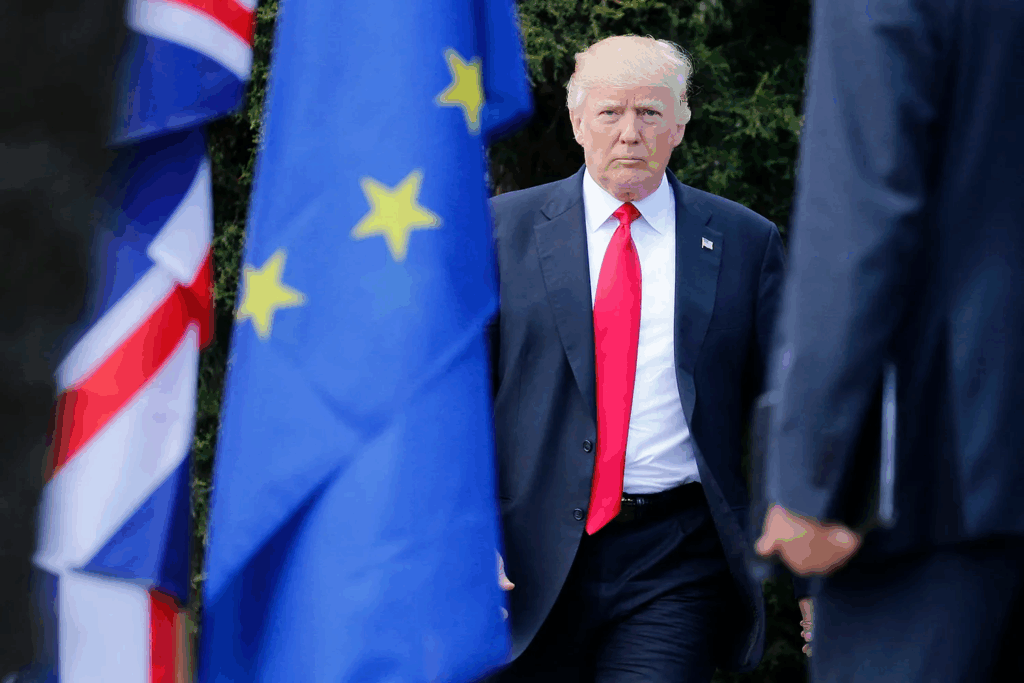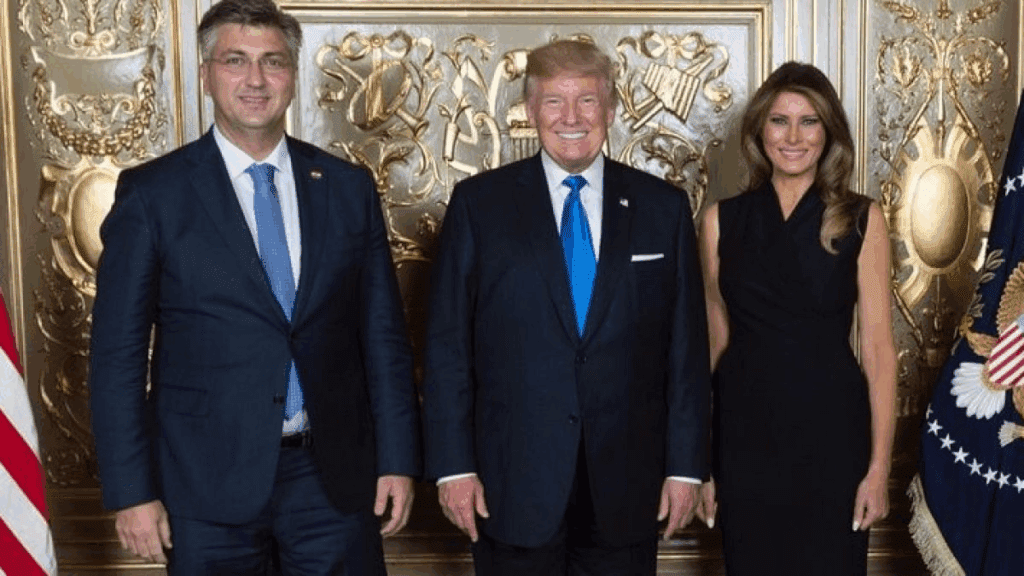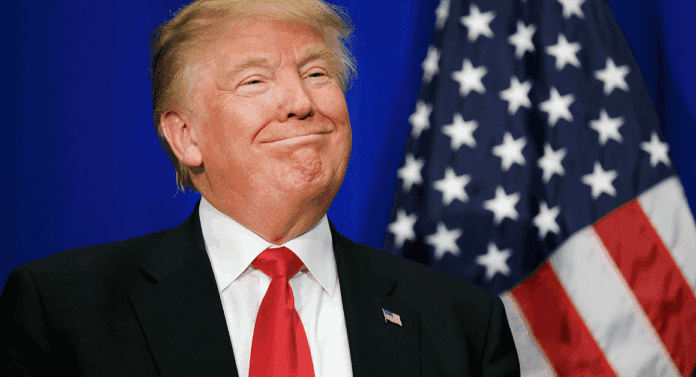The United States and European Union have reached a new trade agreement that significantly raises US tariffs on European goods from 2.5% to 15%. The deal affects key sectors including cars, semiconductors, and pharmaceuticals.
While initially welcomed as a relief from harsher tariffs, the EU is now facing criticism over the agreement’s long-term impact on European industries and economic stability.
Agreement Reached on Tariffs Between the United States and European Union
A tariff agreement has been reached between the United States and the European Union. Going forward, US tariffs on European goods will amount to 15 percent, whereas previously they were just 2.5 percent. The new rate will apply to the majority of products, including cars, semiconductors, and pharmaceutical goods.

Leaders Hail the Deal – With Caution
US President Donald Trump stated that it was a “good deal for everyone that will bring us closer together,” while Ursula von der Leyen, President of the European Commission, claimed that it was “the best that could be achieved.”
However, the tariff increase on European imports to the US is not the only agreement that was struck between US and EU leaders in Scotland. Europe has committed to investing $600 billion into the US and will purchase American goods worth $750 billion – this includes oil, liquefied natural gas (LNG), and nuclear fuel.
Initial Relief Followed by Discontent
The initial European reactions expressed relief. Trump had threatened tariffs of 30 percent, and in the end it turned out to be “only” 15 percent. However, the following day brought a sense of sobering reality.
Many are dissatisfied—especially the automotive industry, notably in Germany, but also in France. Their cars will become 15 percent more expensive in America and will be significantly less competitive than before.
French and German Industries Hit Hard
The French are also unhappy, despite having previously negotiated exemptions for strong alcoholic beverages and the aviation industry. Nonetheless, in addition to the automotive sector, the French cosmetics industry and many others will now be paying the price.
Hungarian Prime Minister Viktor Orbán, a close friend of Trump, was also displeased, saying that the American president “ate von der Leyen for breakfast.”
In Hungary, there are numerous German car factories which, due to the tariffs, will have greater difficulty finding American buyers. This may lead to some closures and job losses, further worsening the already poor economic conditions in the country.
Details Still Pending, Imbalance Criticised
Well-informed diplomats claim that this is a preliminary agreement and that it could take weeks or even months before it is officially concluded. Many argue that the entire deal is “imbalanced” and that there will need to be a rebalancing through American services – especially digital ones – being exported to Europe.
Other countries responded similarly to the Spanish government, which stated that it “generally welcomes the agreement,” albeit without enthusiasm. “A hurricane was expected, and a storm occurred,” is the sentiment expressed in those circles.
Croatia’s Reserved Support and Open Questions
Croatian Prime Minister Andrej Plenković adopted a similar stance. He welcomed the agreement, which “avoided further escalation of trade tensions” between the EU and the US, and added that “stability and predictability in transatlantic trade are important for European and Croatian businesses.”
So far, there are no details available, so it remains unclear whether Croatia’s main exports to the US – namely pharmaceuticals and weaponry – will be exempt from tariffs. Based on what is currently on the table, there will be no exemptions for the pharmaceutical industry, while the matter of weapons still needs to be clarified.

Energy Commitments and Final Impressions
As for the obligation to import American energy, Croatia already imports American liquefied natural gas via Omišalj on the island of Krk, so it is not expected to face significant consequences in that area.
However, it remains to be seen what the agreement will ultimately contain. The prevailing impression is that Trump has outmanoeuvred Europe.

